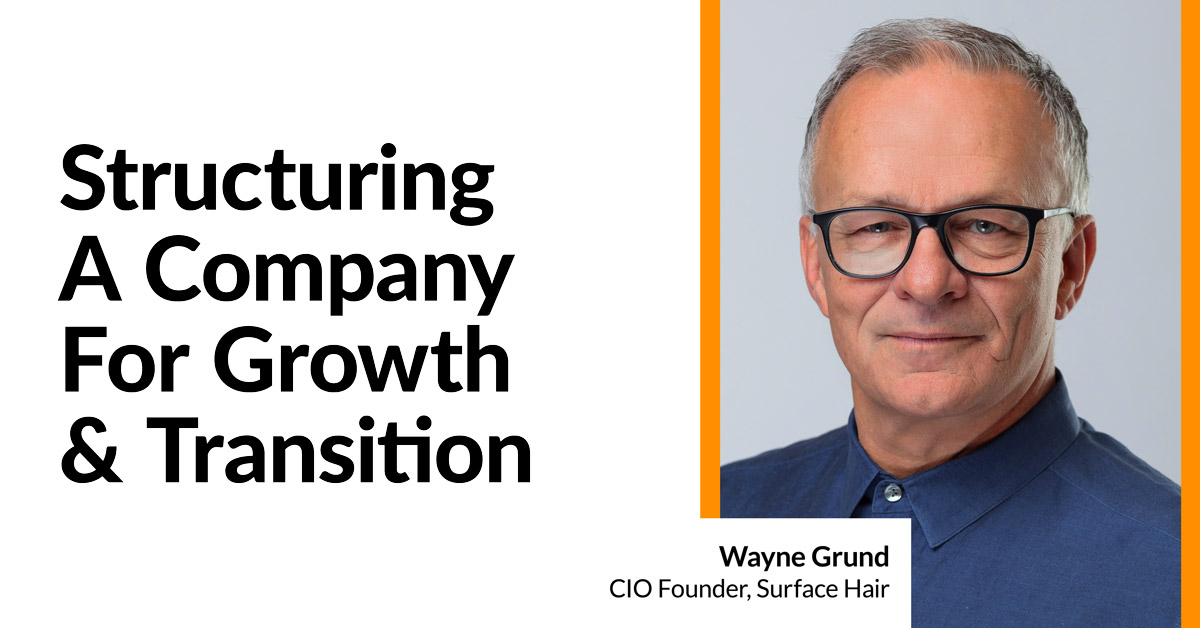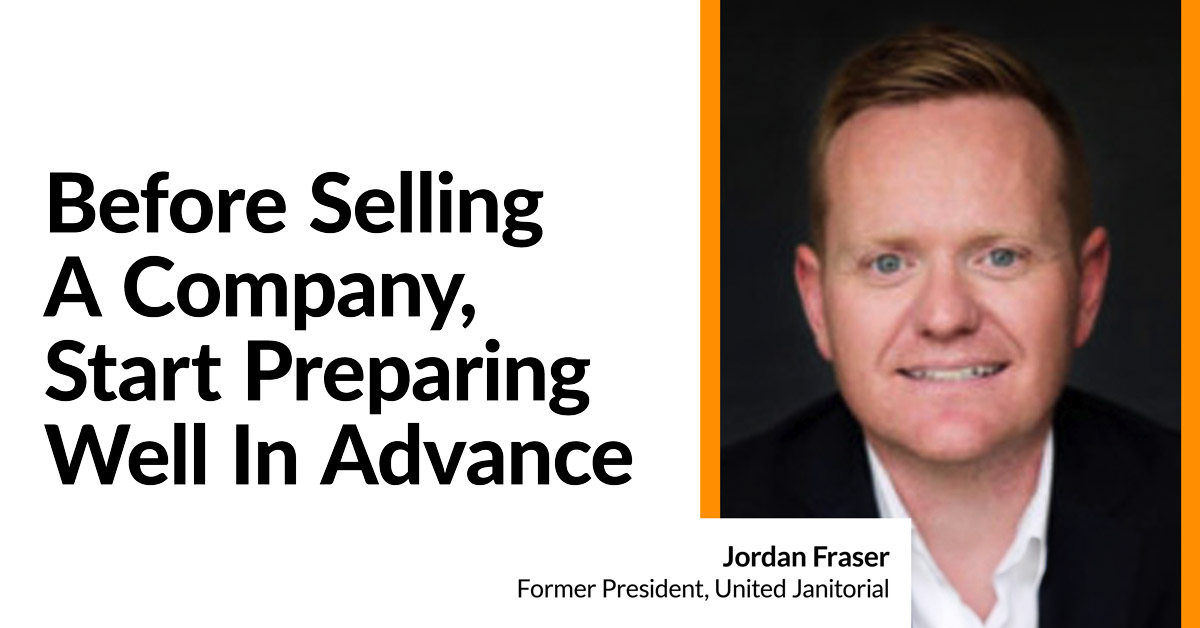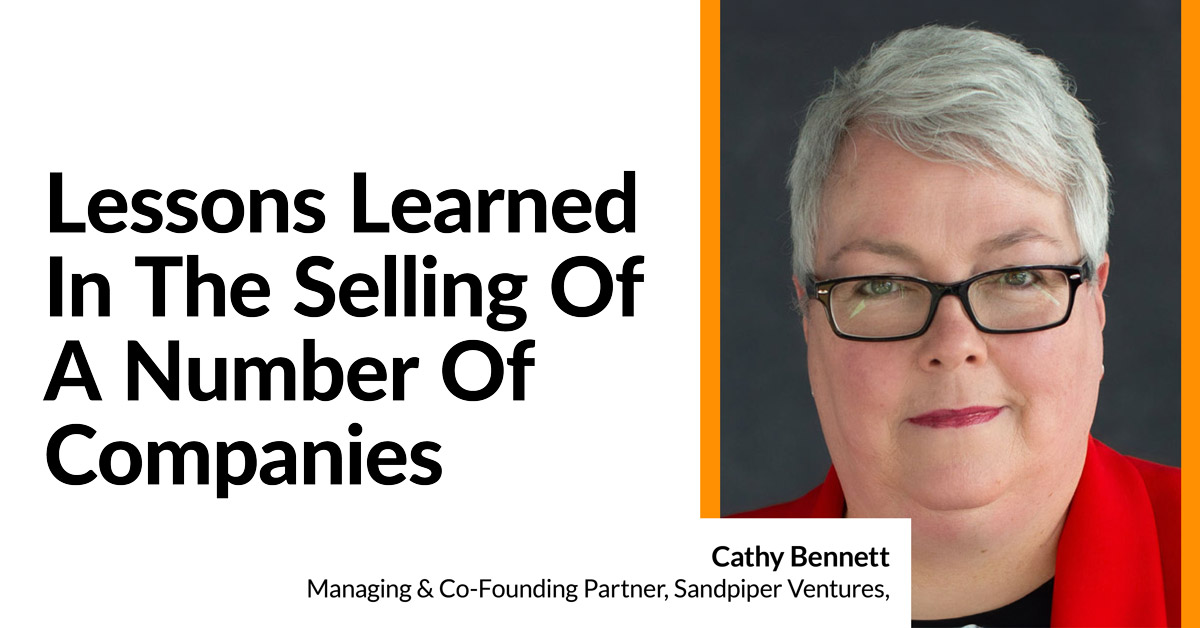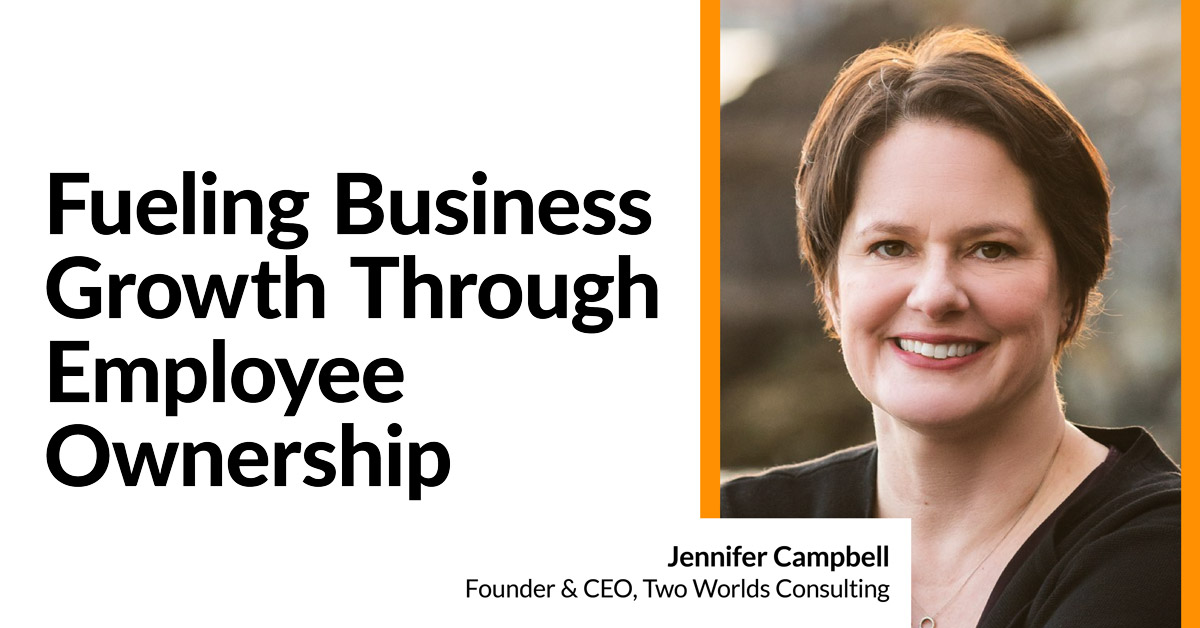How to Scale Your Business Through Acquisition
Bonnie Elgie
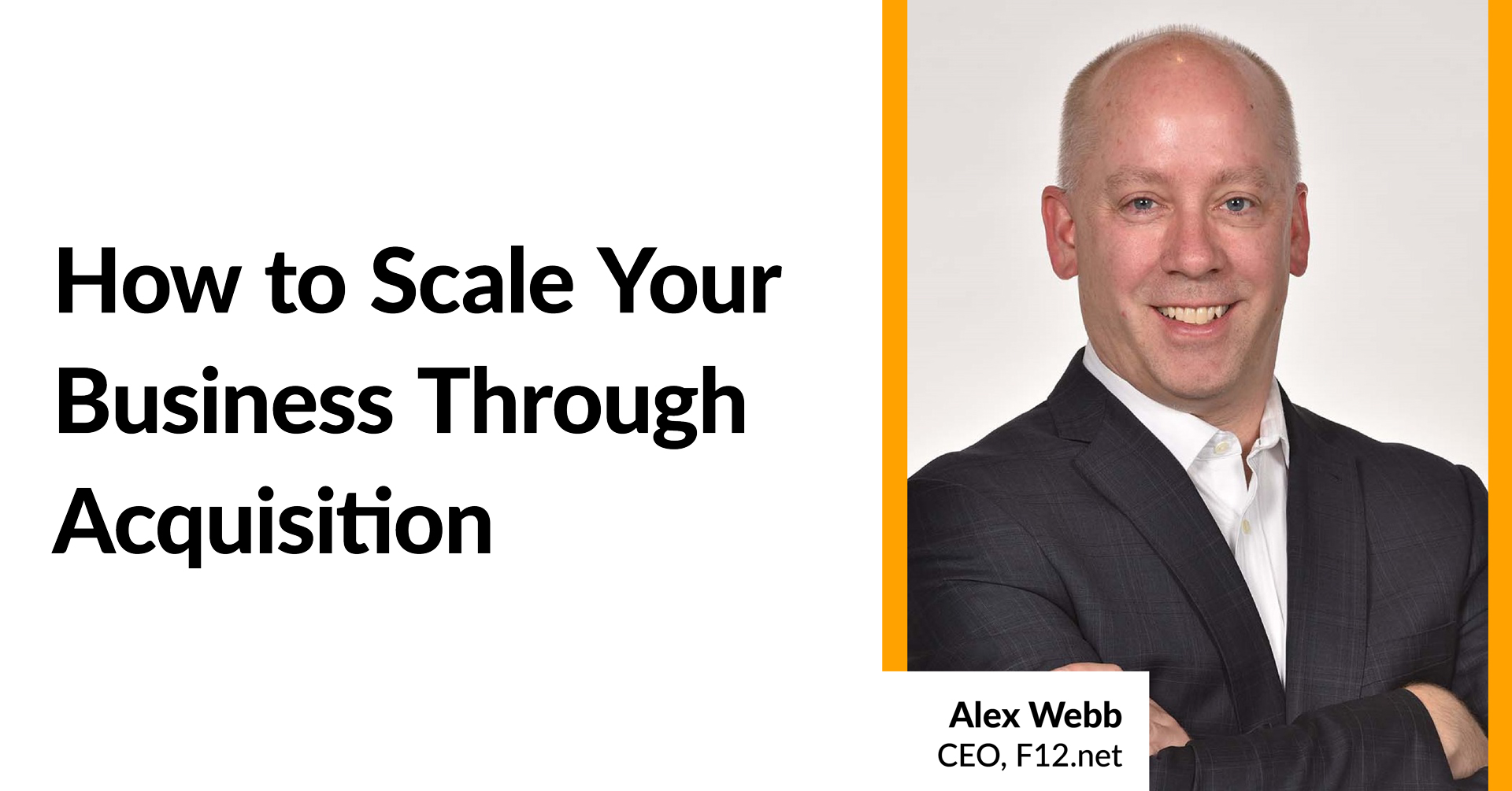
Mergers and acquisitions are booming right now across North America, in many different industries. It can be an effective way to grow but as Alex Webb, Founder and CEO of F12.net – a managed IT solutions and support provider with offices across Canada – knows firsthand it’s not without challenges and a steep learning curve along the way.
In our feature article this issue, Alex shares:
- How he failed miserably in his first acquisition and what it taught him
- Why 1 =1 rarely equals 2 when it comes to M & A
- 4 tips to scale your business through acquisitions
- Why private equity can be a good way to get capital for your expansion plans
For entrepreneurs wanting to grow their business, knowing when and how to do it can be a big barrier. It takes a solid strategy, a little luck and (sometimes) nerves of steel to scale.
Alex Webb understands firsthand that the path to growth is never a straight one and there are bound to be a few hard lessons along the way. As the Founder and CEO of f12.net, he’s grown the Edmonton-based computer and technology company from a basement start-up to a national leader over the past 25 years.
Growing up, both of Alex’s parents were entrepreneurs owning a carpet and flooring store, and a bookstore. He had a front row seat to the ups and downs of business ownership.
Even the tough times didn’t deter Alex. With a fondness for computers and electronics, the idea of owning a business and getting to do it in the computer industry was a bit of a dream and when the chance came to do it fulltime, he jumped at it.
“I threw caution to the wind and I ran into the opportunity even though I didn't know how it was going to end,” he remembers. “I think if it weren't for my experience as a kid, watching my parents build a successful business, seeing it fail, and losing our house, I don't know that I would have ever had the courage to take the leap. It wasn't as scary as maybe some might think and sometimes things do happen that are not your fault.”
Starting a computer business in the 1990s gave Alex a chance to be part of the early days for the industry. He set up an office in his 400-square foot basement and the small space was quickly jammed with two colleagues and a multitude of monitors and computer parts that had to be assembled. It was a pioneering time as companies moved from handwritten ledgers to electronic accounting systems.
Alex recalls, “I helped customers get their first computer, set up their first email and get them on the internet with their first website so it was pretty exciting.”
The company moved into office space and continued to operate for about ten years before beginning to expand. Building a larger geographic presence was the main driver behind f12.net’s first few acquisitions.
“Mergers and acquisitions are a really great tool if you're going to go into a new region. We wanted to be in Calgary and were looking for a company with solid employees and a good client base. Our plan was to take the way f12. operated its business and transplant that into the organizations, which sounds easy on the surface but was actually really difficult,” says Alex.
The first company was a value-added reseller (VAR) that sold hours and product, engaging with clients in a very different way than f12. The second acquisition was a managed service provider (MSP) with client contracts, which presented different opportunities.
“We failed miserably in the first acquisition. We thought every business was the same and ended up with a lot of staff turnover and a decreasing client base. It was a tough learning experience. The second acquisition was more like us and so the integration was easier. We retained more of the clients and staff but we also paid more money for the business.”Since the initial acquisitions, f12.net has acquired nine companies, expanding to Toronto in 2015 by forming a partnership with a company that was “more of a merger with equity swapping.” In 2017, the company decided to expand into BC as it made sense being geographically close to Alberta and with a strong market that was growing and expanding.
When asked what advice Alex would give to entrepreneurs looking to scale through mergers and acquisitions, he offers the following:
- Start with a small acquisition so you can digest and integrate it properly. Don’t get into a merger early on, unless you have strong partnership DNA already in your organization. Many sole proprietors fail in partnership because they haven’t really thought it through. There are no shortcuts and acquiring companies is a skill you have to learn.
- Look at private equity as a good way to get capital to expand. Do a couple small acquisitions on your own and then grow into this as the next opportunity.
- Each private equity group brings different strengths, so make sure you seek out the one that’ll bring complimentary capabilities.
- Be open and transparent with the team and the companies you’re looking at as the process is happening so they know why you’re doing it (for example expansion), where you’re looking and so on. It can really help make the process smoother for everyone.
“In an M&A one plus one doesn’t always equal two, sometimes you’re lucky if it adds up to one and a half. That's just how it is. Keep doing it and you'll learn what works for you, and what kind of business works -- that's why I say start small and just be prepared as you can be.”
Eight months after entering the ninth and newest partnership, things are going well and Alex attributes that to knowing that growth would come from expanding the organization’s technical capabilities.
“We just had a board meeting and the company is really excited about the new few years as we continue to expand and grow. Starting a new relationship is hard anytime, but during Covid things can be even more challenging. My last piece of advice is not to give up. You get better and better with each merger and acquisition. By the time we got to our fourth acquisition, things got easier and more predictable.”
BACK








